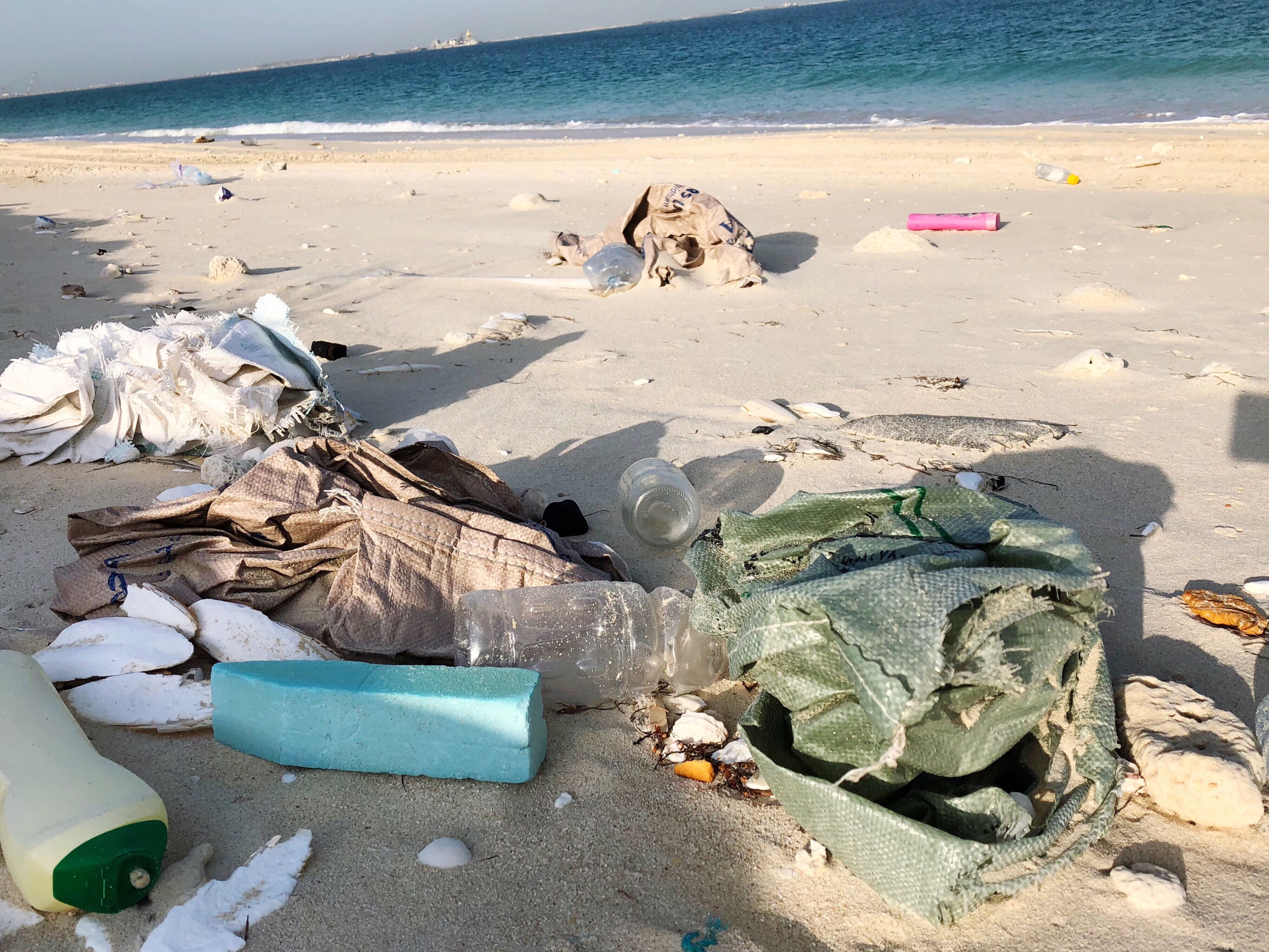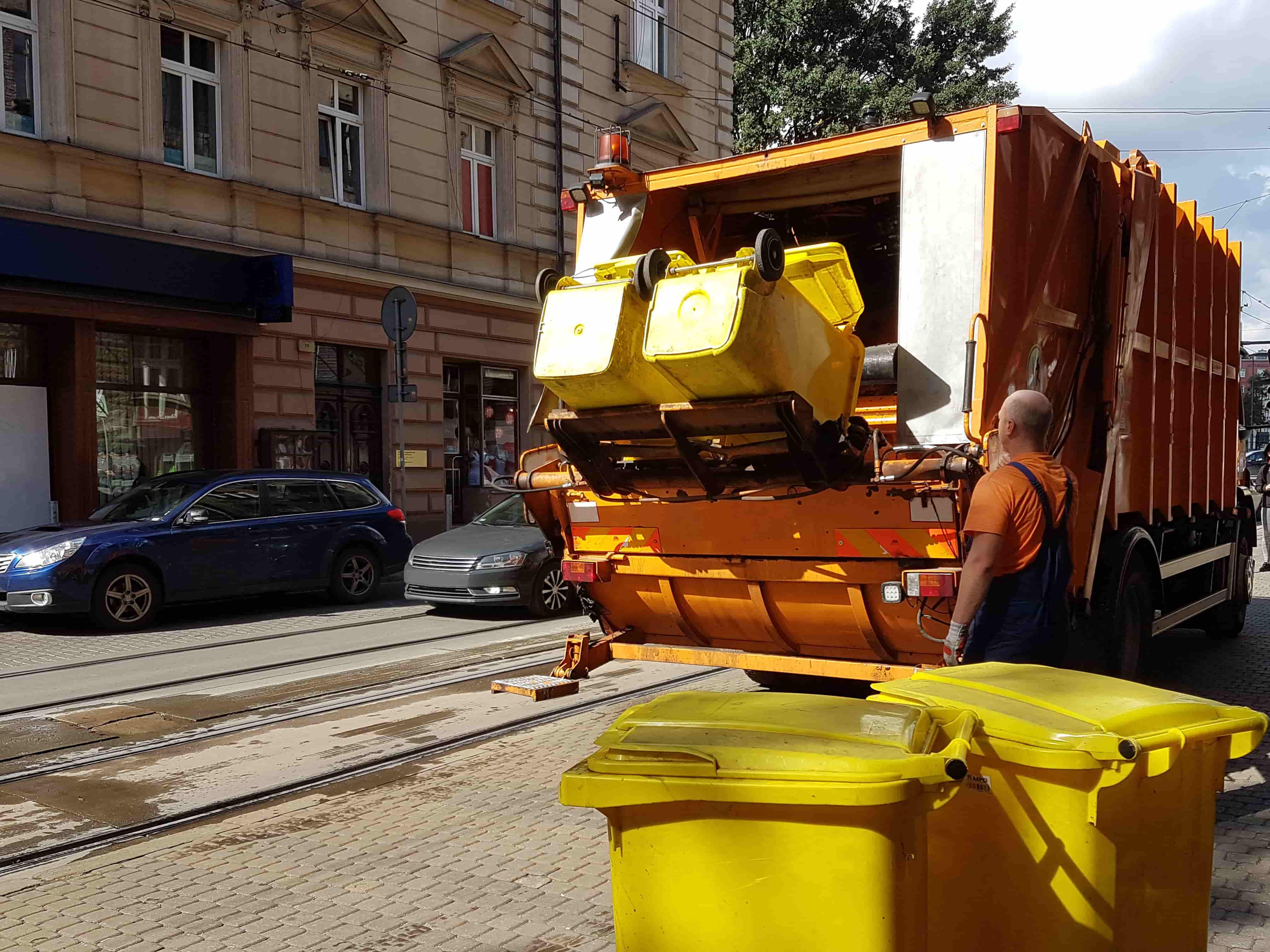Waste & material traceability solution for sustainable facilities

The global waste crisis simultaneously emerged with it a resource problem. New waste management methods began to be sought when the environmental and health issues due to traditional methods, namely landfill and incineration, were added to the economic problems. This quest showed us that waste and resource management are complementary.
Now we have the circular economy model working for sustainable development. This model, which tries to establish the circular thought in nature in the economy, brings a brand new understanding of recycling and reusing, focusing on repeatedly using resources while preserving the highest values. But how can we achieve more efficient operations with less energy usage? The answer is cutting-edge solutions. Have you ever thought that blockchain can be a considerable help in sustainable waste management?

By now, you must have heard of blockchain generally along with cryptocurrencies like Bitcoin. It’s much more than that! Global blockchain technologies are used not only for finance and banking but also for social good. Education, hunger, poverty, environment, blockchain technology applications now have a role in the fight against all of them!
Blockchain is also one of the stars of emerging technologies in waste management. As a reflection of the production-consumption cycle that respects nature based on sustainable practices in waste management, blockchain opened up an important stage. But how?
Blockchain is a shared and inflexible ledger that facilitates recording transactions and tracking assets in a network, whether tangible or intangible. Moreover, anyone can do all operations by minimizing the risk and cost.
Blockchains store data in connected blocks. Any change in one block is detectable by computing its cryptographic hash and comparing it with the hash stored in the following block. Consequently, any change to a historical block requires all subsequent blocks to be updated. Also, blockchain data is persistent. This way, you can create irreversible chains. The other benefits are as follows:
Sectors such as healthcare, retail, media, insurance, or telecommunications use it for broader security and efficiency. So how are things going in waste management?

At this point in the global waste crisis, the need for creative waste management technologies and solutions is inevitable. Otherwise, it is hard to cope with the amount of waste expected to reach 3.40 billion tons annually in 2050! Moreover, modern waste systems and the circular economy principles are based on:
In cases such as EPR for waste management, where the process becomes more complicated due to legal obligations and pricing, serious follow-up is required. Of course, the biggest supporter of the tracking processes of the waste sector is blockchain. Think about it, you can transfer digital assets or values, also, transactions of physical objects with QR codes or RFID tags ensure the origins of assets and facilitates the applications of rules.
Therefore, managers can easily realize whether hazardous waste has been lawfully disposed of. Also, seamless and effective communication can be established between all stakeholders. Overall, The digital waste management systems use blockchain for usually:
Blockchain is used worldwide, from the USA to Ghana, either as a policy support tool or for waste management optimization. Here are some examples:
Did you know that there are all-in-one solutions that can offer you all your needs?

All-in-one, end-to-end, and integrated waste management solutions offered by Evreka are used in more than 20 countries around the world. Developing digital and cutting-edge waste management solutions with IoT algorithms, Evreka also attracted the attention of the industry leaders with creative waste management technologies and solutions and grew rapidly.
EvrekaCrew renews themselves every day and adds new products to the portfolio to meet the sustainable development principles. We are always with you in the EPR processes and the circular economy transition through our blockchain technology and other state-of-art products.
Evreka has various solutions of RFID technology for asset management, fleet efficiency, and workforce management system.
The Asset Management module measures the fullness of the containers, helps to develop the right collection strategies, and prevents corruption. One of the essential parts of asset tracking is RFID tags, which are perfectly integrated into the module. This way:
Evreka workforce solutions have an extensive system that obtains employee-specific data. For example, you can track field employees and record all data electronically with the physically located workforce tracker. A mobile RFID reader uses an antenna system. This way:
With a vehicle RFID reader, you can easily optimize waste management operations. It is designed for:
Hence, it is easy to control:
Overall, Evreka’s RFID system gives opportunities for managers to:
Contact us today for meeting Evreka’s sustainable and trusted state-of-the-art waste management world!